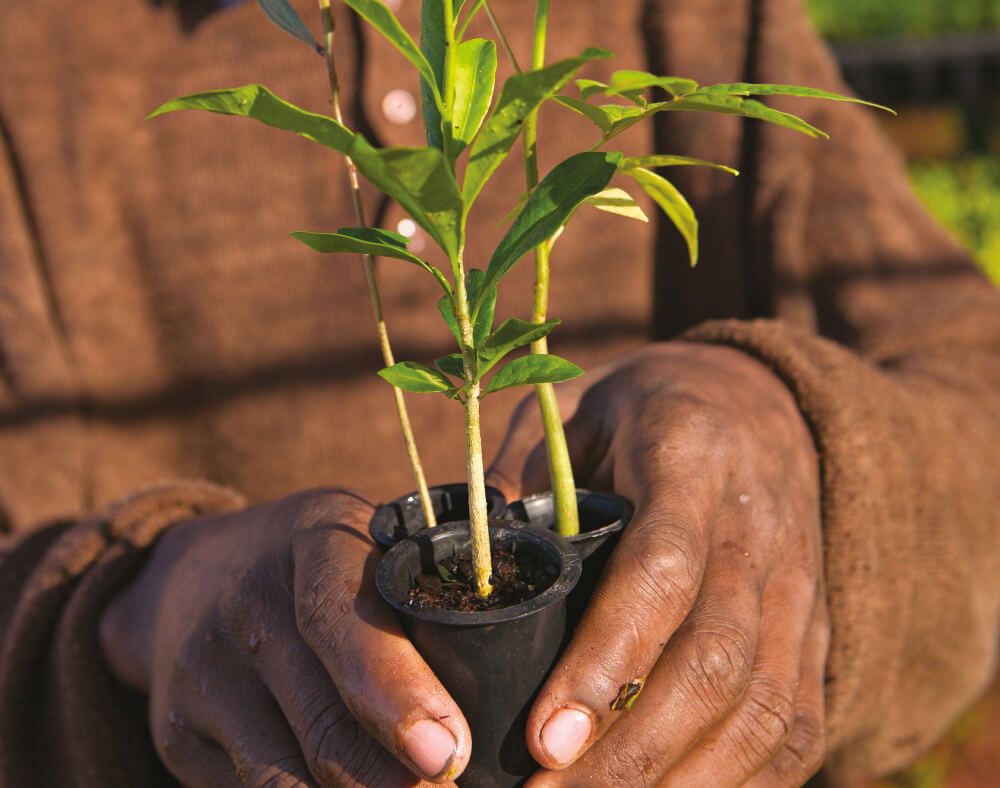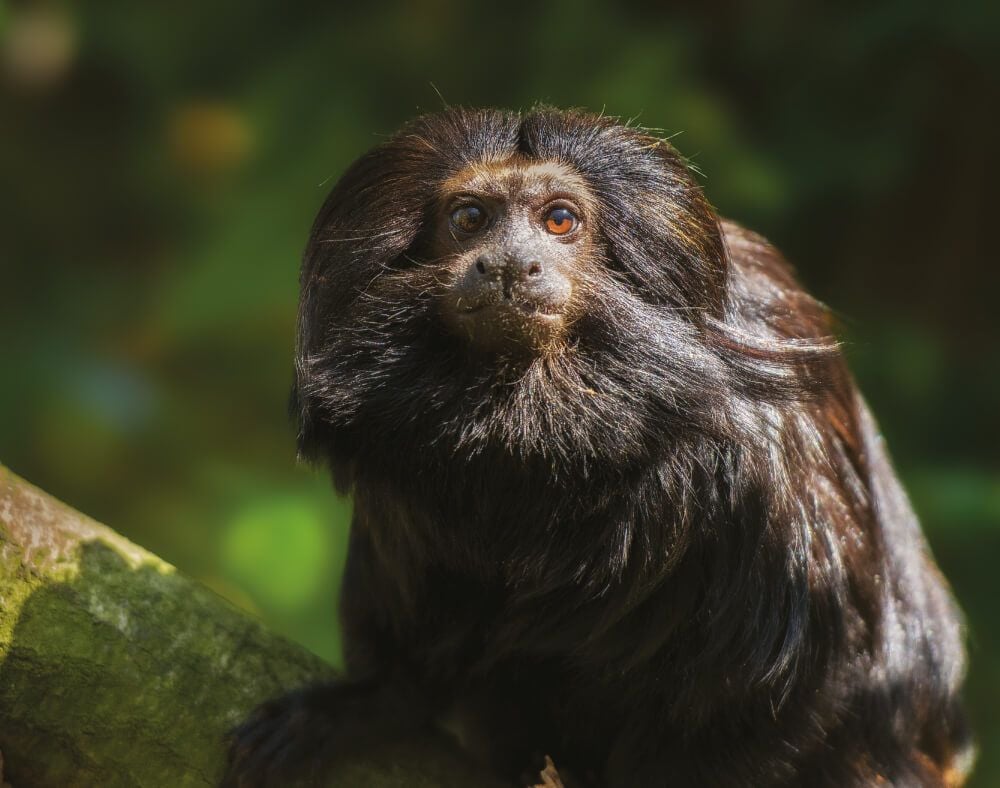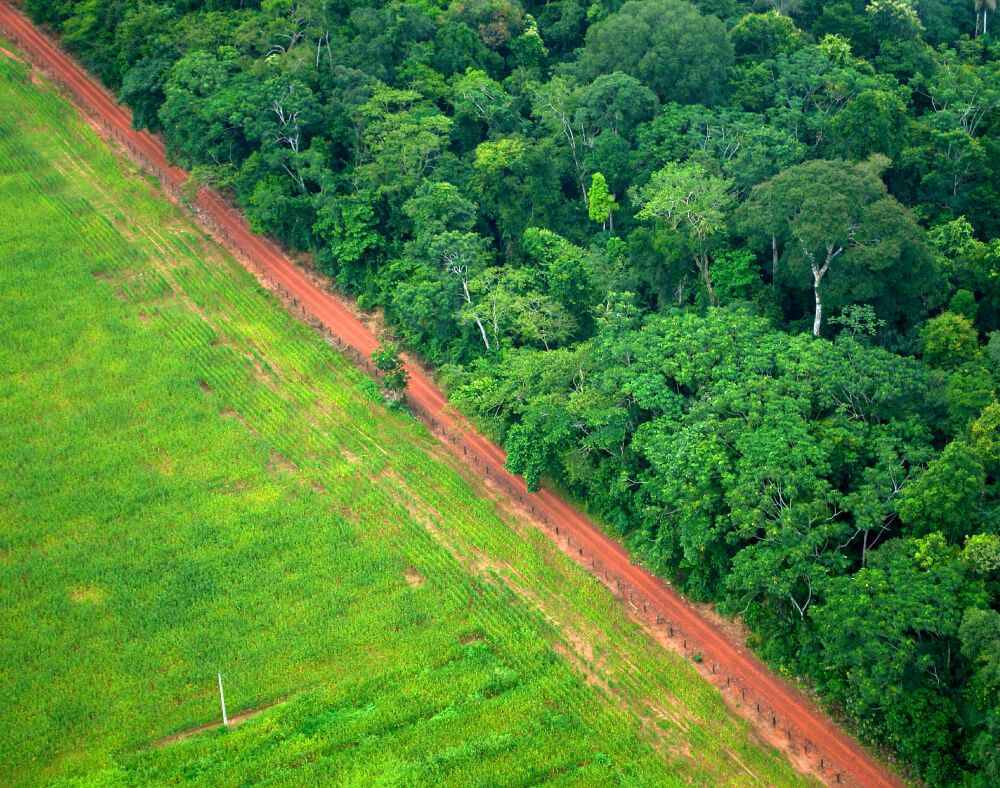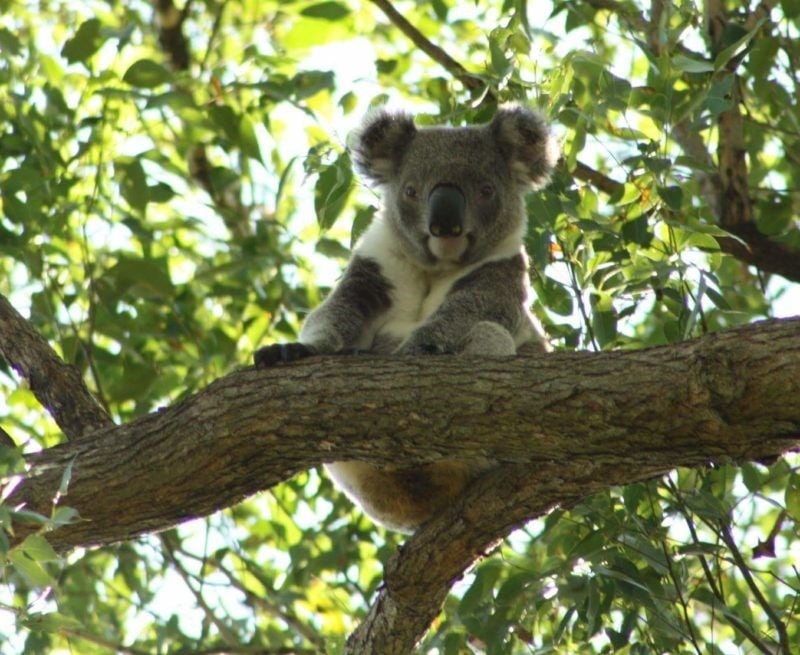Bristol declares ‘ecological emergency’
Posted on
|
Bristol has become the first major city to declare an ecological emergency. They’ve done this in response to escalating threats to ecosystems and wildlife, as there’s been a worrying decline in numbers and the diveristy of wildlife in the city. 41% of UK wildlife species are in decline and 15% are at risk of extinction In Bristol the city’s swifts and starling populations are virtually wiped out – with a 96% decline in numbers of these birds between 1994 and 2014 Marvin Rees, Major of Bristol, and the CEO of the Avon Wildlife Trust Ian Barrett, are building on the 2018 declaration of a climate emergency. Plans to Tackle this Ecological Emergency Marvin Rees has asked the One City Envrionment and Sustainability Board work with the council and other city partners to look at ways in which the destruction of wildife habitats can be stopped. He wants them to look at ways to mange land sustainably, which will create wildlife-rich spaces, not just right across Bristol but across the region as well. Everywhere and everyone needs to support wildlife, including new developments, so that species can grow alongside people. It’s recognised that is not a quick thing to achieve. Nature takes her time, but she needs a considerable amount of help now. She needs restoring. Climate breakdown and ecological emergency are everywhere as wild spaces are lost and wildlife with it. As Ian Barrett says, we can’t wait for national governments or international bodies to lead the way. Collective action is needed so that wildlife can thrive and the natural world can flourish. Find out more here about Bristol’s response to the ecological emergency This includes of course people like you and me. We can all take action to do things such as planting a single window box for pollinators, walking where possible - and doing beach clean ups on team building days or helping a local wildlife charity. At the moment, the Avon Wildlife Trust is working with local communities through a project called My Wild City. It’s transforming 8 local wildlife sites across the city, so enhancing important wildlife habitats and providing opportunities for people to visit and enjoy them. Its urban wildlife site in Stapleton has restored wildlife in the heart of the city; people can learn practical skills in wildlife friendly planting and help fight for nature’s recovery. Actions you can take: Donate to the Avon Wildlife Trust and help its work Volunteer – give your time and energy! It’s a great way to meet like-minded people and make new friends and do something really worthwhile with your time that can make a difference. Take action to help wildlife – there are a number of things you can do, including
Become a member or give a gift membership – there’s even a business membership
|



